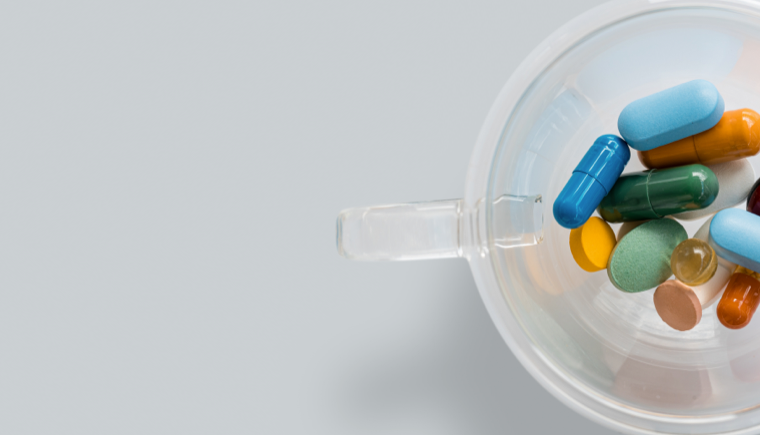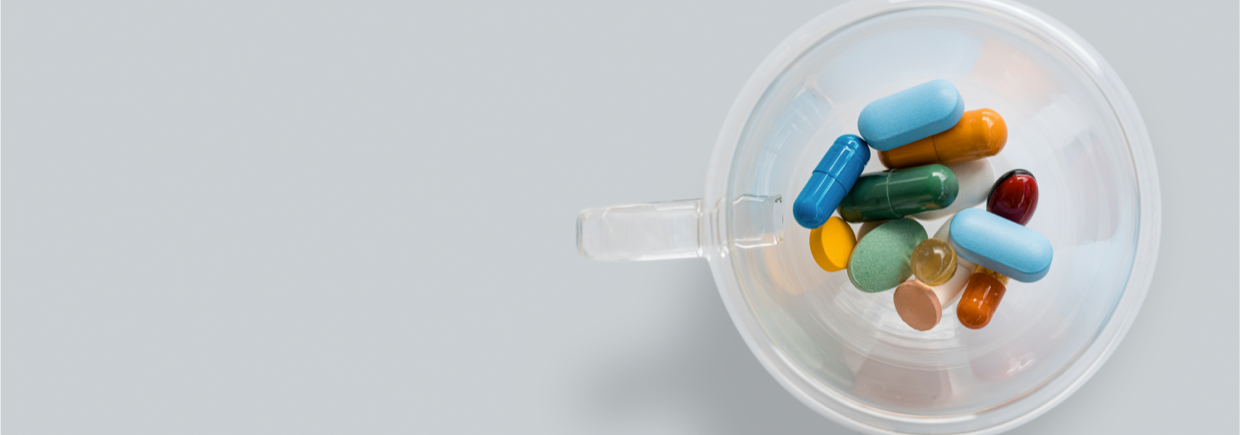The Regulatory Affairs and Vigilence Department plays an essential role in the conduct of clinical trials promoted by Unicancer.
- The Regulatory Affairs team is responsible for obtaining authorisations for clinical trials and ensuring that these trials are conducted in accordance with the law throughout their duration.
- The Vigilence Unit plays a major role in the conduct of clinical trials and in particular in the safety of patients included in these studies. The Vigilance Unit ensures that the benefit/risk ratio of studies is always favourable.
Regulatory and Pharmaceutical Affairs
The regulatory affairs team plays a key role throughout the course of a clinical trial.
The team is involved from the outset of the project by helping to qualify the research and by providing instructions on how to prepare the application for authorisation of a clinical trial by the competent authorities. These instructions concern all aspects of the clinical trial, including the submission strategy, the essential documents for the application for authorisation and all the pharmaceutical aspects related to the supply of the investigational medicinal product or the product under test.
Once these documents have been drafted or prepared, the regulatory affairs team reviews them to ensure that all regulatory requirements are met. This review will include the clinical trial protocol, the investigational medicinal product or test product dossier if applicable, and all essential elements of the study. Documents intended for patients, such as the information note and consent form, are also reviewed. This critical review aims to improve the information given to patients, to check that all points have been addressed and that the rights of participants are respected. When reviewing these documents, particular attention is paid to compliance with the obligations of the EU Data Protection Regulation.
The Regulatory Affairs team continues to be involved throughout the clinical trials even after authorisation and the start of enrolment. In the same way as for initial authorisations, when protocols are amended, our team is involved in reviewing the documents and making requests for amendments to the competent authorities.
Unicancer’s Regulatory and Pharmaceutical Affairs, a support for FCCCs
For FCCCs that request it, we can take charge of clinical trial authorisation applications by delegation. This assistance allows FCCCs who so wish to be able to rely on Unicancer’s regulatory affairs department.
A new European portal planned for 2022
European Regulation (EU) No 536/2014 of the European Parliament and of the Council of 16 April 2014 on clinical trials on medicinal products for human use and repealing Directive 2001/20/EC will be applicable at the beginning of 2022. A transition period is foreseen to allow clinical trial sponsors to prepare for the use of the European portal. Unicancer’s regulatory affairs department has of course prepared for this change with the aim of using this portal for submitting clinical trial authorisation requests quickly. Support will also be offered to FCCCs that wish to use this European portal.
Vigilence
Monitoring the safety of participants in a clinical trial is a major activity in the implementation of these studies. In this respect, the Vigilence Department plays an essential role, since it is responsible for this monitoring and its main mission is to ensure that the benefit-risk ratio is always favourable throughout the research.
The Vigilence Department reviews the protocols as soon as they are designed, in order to check that the vigilance circuit is appropriate for the research protocol and the specificities of each study. It also checks that everything has been done to ensure the safety of clinical trial participants. Clinical trial protocols contain several sections relating to patient safety, all of which are reviewed by this department.
This monitoring continues throughout the research by managing pharmacovigilance cases (serious adverse events or SAEs) reported by the investigating centres but also by participating in meetings where patient safety is discussed, such as data review meetings, for which the PV department produces a summary of safety cases reported throughout the study concerned.
Development Safety Update Report, annual safety report
Once a year and for each clinical trial, an Annual Safety Report (ASR or DSUR for Development Safety Update Report) is produced by the PV department. The purpose of this document is to briefly describe any new safety information relevant to the clinical trial concerned and to assess the safety of the patients participating in this trial and to rule on the benefit/risk ratio. This document serves as a link between the sponsor (Unicancer) and the French Medicines Agency (ANSM) concerning the safety of clinical trials of medicines.
The Vigilence Department is a major interlocutor for the ANSM regarding the safety of patients included in the various clinical trials, as it is for the competent authorities of each state in which a clinical trial promoted by Unicancer is conducted.
Unicancer’s vigilance department also offers the possibility for FCCCs who wish to do so to take charge of the management of pharmacovigilance for their studies. This delegation of activity, which is already offered to FCCCs, represents a significant part of the department’s activity


